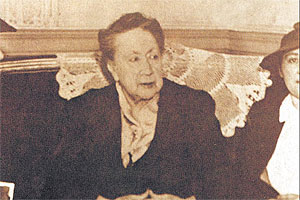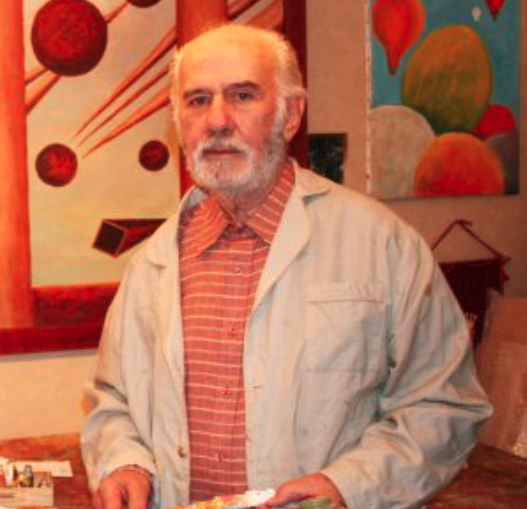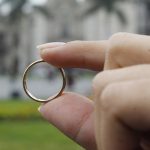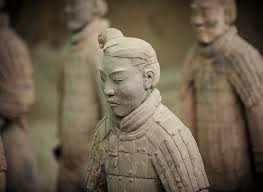She was the daughter of Eulogio Diaz Varas y Carmela Insunza, Eloisa Diaz was born on June 24th of 1866, in Santiago. She did her first studies in the Colegio de Primeras Letras de Dolores Cabrera de Martinez and in the Liceo de Isabel Le Brun de Pinochet, graduating in 1877.
In 1881, at age 15, Eloisa Diaz achieved to overthrow the prejudices and performed outstandingly on her degree exam, thus being approved unanimously. After that, she decided to enrolled in the Escuela de Medicina de la Universidad de Chile (Medicine School of the University of Chile), being one of the first women to enter a higher education institution in the country.
Her studying years were not exempt from obstacles, because Eloisa Diaz had to fight against the machismo of the time. In addition, she went to classes accompanied by her mother, thus avoiding malicious comments. Nevertheless, she graduated in Medicine and Pharmaceutical on December 27th of 1886; a few months after, on January 3rd of 1887, she received her degree of surgeon. Thus she became the first woman doctor of the country in South America; until that date, there were woman doctors only in the U.S. and England.
After her important achievement, she worked in the gynecological clinic of doctor Roberto Moericke in the San Borja Arriarán Hospital. At the same time, she worked as a hygiene teacher in the Escuela de Preceptores del Sur (Preceptors School of the South). Her studies made her the most instructed person in that area, thus finally becoming the school medical inspector of the country, a position which she held for more than 30 years.
Her great work and inputs made her earn, during the Congreso Científico Internacional de Medicina e Higiene (International Scientific Congress of Medicine and Hygiene), carried out in 1910 in the city of Buenos Aires, the title of Illustrious Woman of America.
A year later, she was designated as the first director of the Servicio Médico Escolar de Chile (School Medical Service of Chile), where she established the obligatory breakfast, massive medical shots for students and the fight against illnesses that affected infants, such as rickets and tuberculosis. Eloisa Diaz retired from her duties at the age of 60. In 1950, she was admitted to the San Vicente de Paul hospital, where she died on November 1st of that same year.








